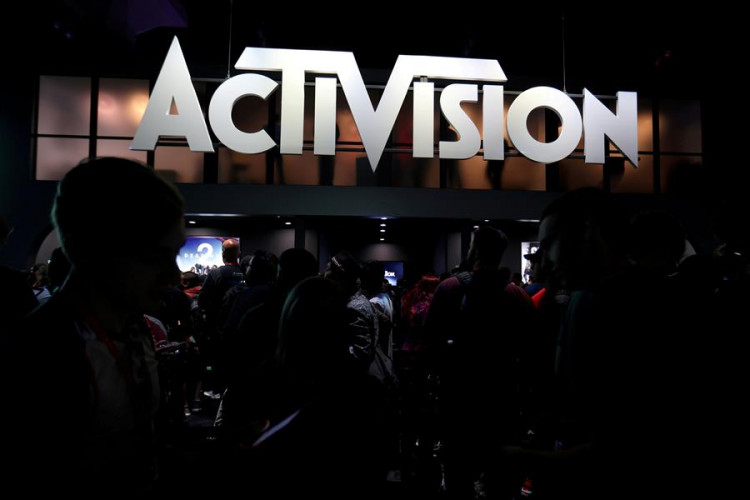Last month, Microsoft's acquisition of Activision Blizzard got the green light from European Union regulators, but this month the deal faces a new threat.
On Monday, June 12, Eastern Time, sources familiar with the matter reported that the Federal Trade Commission (FTC), the U.S.'s top antitrust regulator, would seek an injunction in court to prevent Microsoft's nearly $69 billion acquisition of Activision Blizzard.
If the report is true, it marks another attempt by the FTC to block the largest acquisition in the history of Microsoft and the video game industry. The FTC had already filed an antitrust lawsuit against Microsoft's acquisition of the world's leading video game developer, Activision Blizzard, in December of the previous year.
The media indicated that the FTC's previous lawsuit adopted a traditional administrative proceeding, submitting the case to the agency's administrative law judge (ALJ) and following a trial-like process. The ALJ's initial ruling could be reviewed and voted on by the full FTC. Afterward, Microsoft may appeal to a federal court. If the injunction is granted, the FTC could stop Microsoft from completing the acquisition before the July 18 deadline. The case is slated to be submitted to the ALJ in August.
Microsoft later told the media that it would welcome the injunction because it would hasten the case's presentation before a federal judge.
Upon the news breaking, Microsoft's shares, which had initially dropped at the start of Monday's trading session, rebounded and continued to rise, gaining over 0.4% on the day, potentially marking a third consecutive day of gains and moving further away from the closing low established on the previous Wednesday.
The FTC, when it decided to sue Microsoft last year, pointed out that Activision Blizzard currently provides games for a variety of devices, irrespective of the device manufacturer. The FTC predicted that should Microsoft's acquisition be permitted, this landscape may change.
The FTC anticipated that Microsoft would control popular game franchises under Activision Blizzard, thus possessing both the means and motivation to harm competition, ultimately hurting consumers. This is because Microsoft could manipulate Blizzard's pricing, degrade the quality of Blizzard games on rival consoles or players' experiences, change the terms and timing of accessing Blizzard games, or prevent competitors from accessing Blizzard content.
After the FTC took action, European regulators also made their move this year. In late April, the UK's top regulator, the Competition and Markets Authority (CMA), issued a statement opposing Microsoft's acquisition of Activision Blizzard, arguing that the deal damaged competition in the cloud gaming market. The CMA believed that even if Microsoft implemented its proposed remedies, including selling "Call of Duty" and allowing competitors to offer games on its platform, the issues could not be resolved.
In mid-May, however, the EU regulator approved Microsoft's acquisition proposal. The European Commission stated that Microsoft had provided remedies in the emerging cloud gaming field, mitigating the regulator's antitrust concerns. The focus of the remedies was to allow users to transmit any purchased Activision Blizzard games on any cloud streaming platform.
Shortly after the EU announced its approval of the acquisition, the CMA maintained its decision, stating that the EU's approval was incorrect. Sarah Cardell, head of the CMA, said that the EU's approval would allow Microsoft to dictate the terms and conditions for the market for the next decade. While acknowledging and respecting the European Commission's right to hold a different opinion, the CMA stood by its decision.
Interestingly, Microsoft is expected to appeal the CMA's decision to block its acquisition this summer, coinciding with the timing of the FTC's lawsuit hearings.




